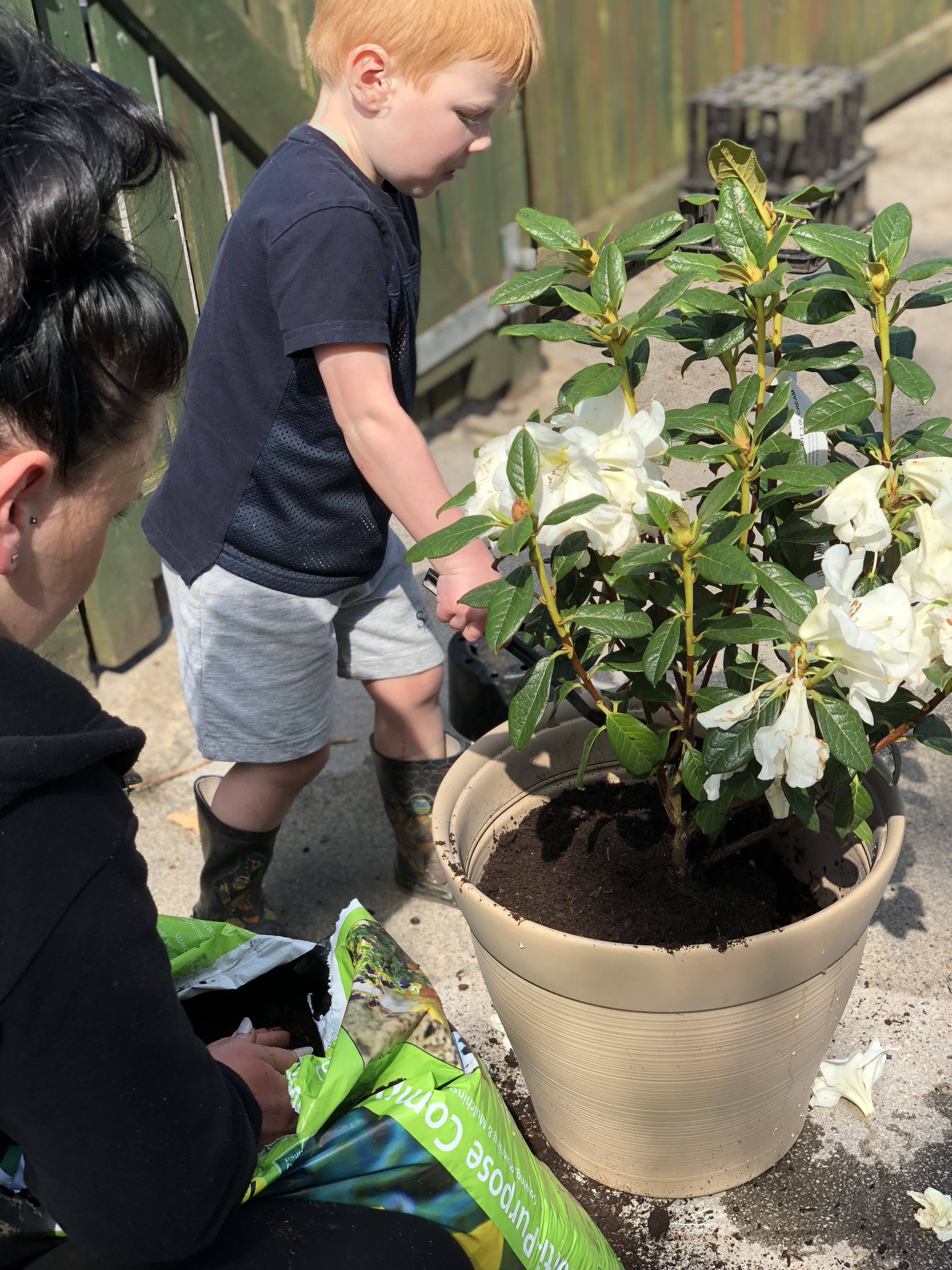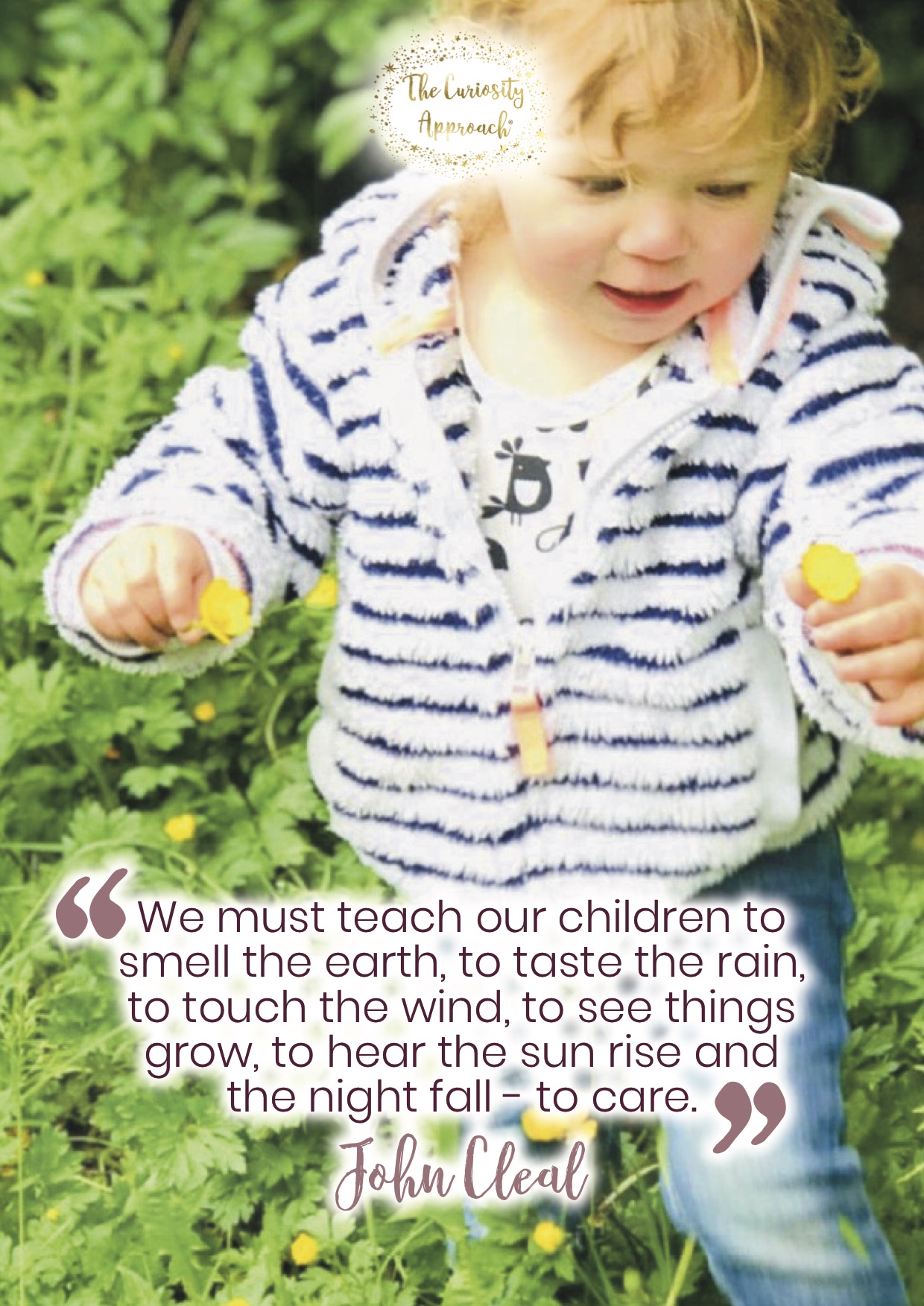Sustainability in Early Childhood Education
Release Date: July 5, 2023
Last Updated: July 9, 2023
Welcome, dear readers, to another captivating journey of curiosity and exploration. Today, we delve into the realm of early childhood education and shine a light on the significance of sustainability. Join us as we uncover why sustainability is essential in early childhood education and explore effective ways to implement it. Grab your thinking caps, open your minds, and let the adventure begin!
The Essence of Sustainability in Early Childhood Education
In this fast-paced world, the concept of sustainability has emerged as a paramount concern for the well-being of our planet and future generations. Sustainable practices aim to strike a harmonious balance between ecological integrity, social justice, and economic prosperity, ensuring a world where both present and future generations can thrive.
Early childhood education lays the foundation for lifelong learning, and it is crucial to instill sustainable values in children from an early age. By introducing sustainability concepts, we foster a sense of responsibility, empathy, and stewardship towards the environment and society. Moreover, it empowers children to become active global citizens, capable of making informed decisions that can positively impact the world.
Why Sustainability Matters
1. Nurturing a Connection with Nature: Early childhood is a time of wonder and exploration. By incorporating sustainability into education, we cultivate a deep connection between children and the natural world. By fostering a sense of awe and respect for nature, we inspire a desire to protect and preserve it.
Regardless if your Early Childhood setting is in an inner city like ours. We can still create natural havens within our inner city gardens and allow children the opportunity to connect with nature and feel the beauty of getting outdoors.

At The Curiosity Approach® we look to blur the lines between indoor and outdoors and ensure that nature fills children’s play space
2. Building Social Responsibility: Sustainability education encourages children to develop a strong sense of social responsibility. They learn to understand the interconnectedness of our actions and the impact they have on others. This understanding promotes empathy, cooperation, and compassion, fostering a harmonious and inclusive society. At The Curiosity Approach® we support and implement British values “ Rule of law: understanding rules matter -Ensure that children understand their own and others’ behaviour and its consequences, and learn to distinguish right from wrong. This can mean, helping children to understand the need to look after nature and living things, introducing eco literacy into our daily practice and pedagogy.
3. Fostering Critical Thinking and Problem-Solving Skills: Sustainability education provides children with opportunities to engage in critical thinking and problem-solving activities. By exploring real-world issues, such as climate change, waste management, and resource conservation, children develop skills to analyse complex problems and propose innovative solutions. Obviously this sounds quite complex , however through stage appropriate experiences, children can consider how they might recycle waste, rescue and save resources, heating and lighting etc.
Implementing Sustainability in Early Childhood Education
Now that we understand the importance of sustainability in early childhood education, let us explore practical ways to integrate it into the learning environment.
1. Create Sustainable Learning Spaces: Design learning environments that reflect sustainability principles. Incorporate natural materials, promote recycling and upcycling, and create opportunities for outdoor exploration. Consider establishing a garden or a composting area, allowing children to witness the marvels of nature firsthand. At The Curiosity Approach® we step away from commercialised items and catalogue resources. We endeavour to use recycled materials, loose parts, open ended and intelligent resources. We are constantly looking to charity shops, thrift stores, recycle centres and car boots for non typical items that children can use in play.
.jpg?updated=1598817719856)
2. Embrace play and inquiry Based Learning: Encourage curiosity and exploration through play. Foster a safe and supportive environment where children can express their ideas, creativity and imagination and engage in meaningful conversations and play experiences using a wealth of recycled materials.
Collect authentic resources from charity shops and car boots
Ask parents and carers for items, such as cardboard tubing and laminate planks
See the rich potential of boxes and packaging
Off cuts of material are a wondrous loose part. See treasure everywhere !
3. Integrate Sustainable Practices: Infuse sustainability into daily routines and activities. Teach children about energy conservation, water preservation, and waste management. Encourage them to adopt sustainable habits, such as turning off lights when not in use, reducing water consumption, and recycling all at a stage appropriate level.
4. Collaborate with the Community: Extend learning beyond the Early Childhood setting by forging partnerships with local organisations and community members. Invite visitors into the centre to share their sustainability initiatives, for example this may the local allotment group who will engage children in community projects, such as tree planting, sharing an allotment or helping at the local community eco group. These experiences allow children to witness the collective efforts towards a sustainable future.
Image curtesy of Kim Barneston Accredited childminder
Conclusion
As we conclude our exploration of sustainability in early childhood education, we are reminded of the immense potential and responsibility we hold in shaping the minds of young learners. By embracing sustainability, we empower children to become active contributors to a more sustainable and equitable world.
Through nurturing a connection with nature, fostering social responsibility, and promoting critical thinking, we equip children with the tools needed to navigate the complex challenges of the future. Let us walk hand in hand with our young learners, guiding them toward a future where sustainability is not merely a concept but a way of life.

Remember, dear readers, the journey towards sustainability begins with a single step, and that step can be taken in the classrooms of our early childhood education centers. Together, let us embark on this transformative voyage, ensuring a brighter future for generations to come.. Additional Resources for Further Exploration
For those eager to dive deeper into the world of sustainability in early childhood education, we have curated a list of additional resources:
1. "Sustainability in Children's Education and Care" - ACECQA Blog:
[https://www.acecqa.gov.au/late...](https://www.acecqa.gov.au/late...)
2. "Education for Sustainable Development 2030" - UNESCO:
[https://en.unesco.org/themes/e...](https://en.unesco.org/themes/e...)
3. "Sustainable Development Goals" - United Nations:
[https://www.un.org/sustainable...](https://www.un.org/sustainable...). This blog is protected by copyright and cannot be shared, copied or used without the consent of The Curiosity Approach


